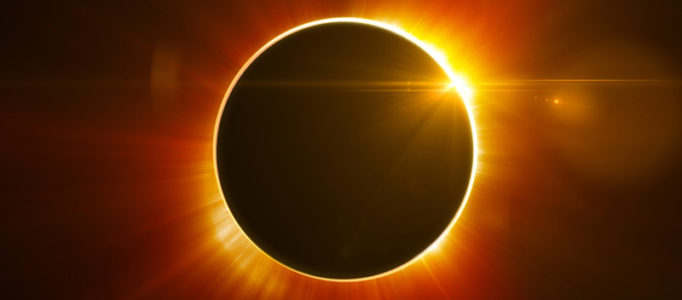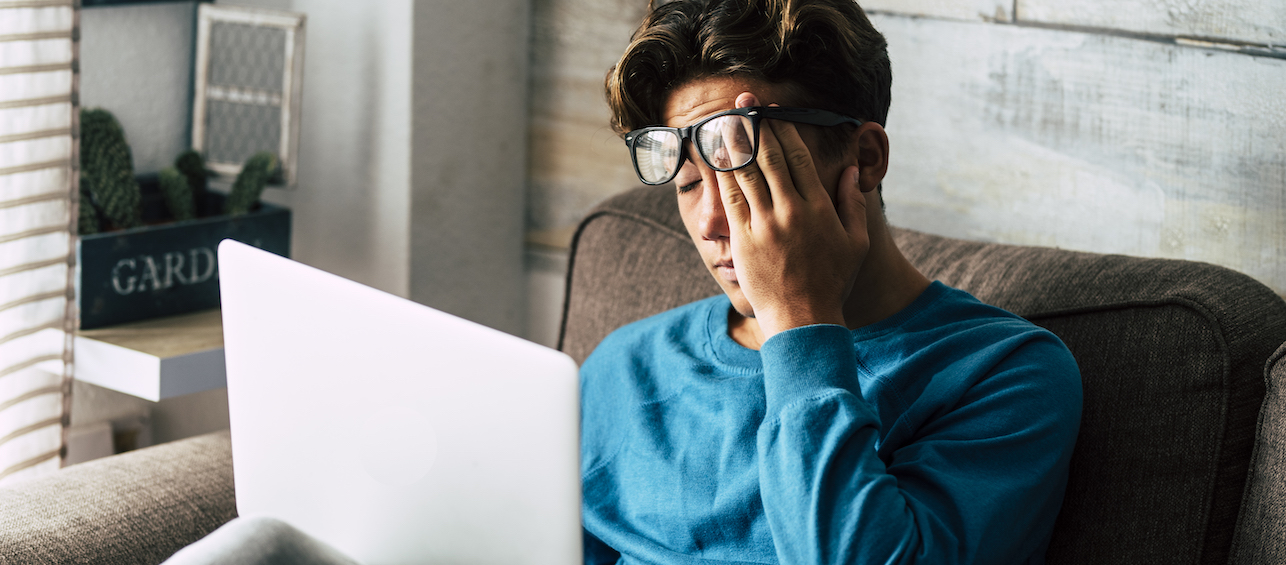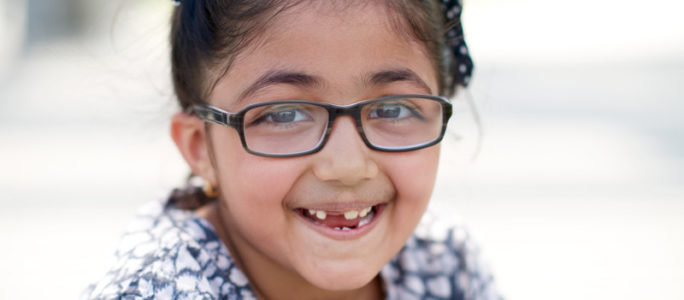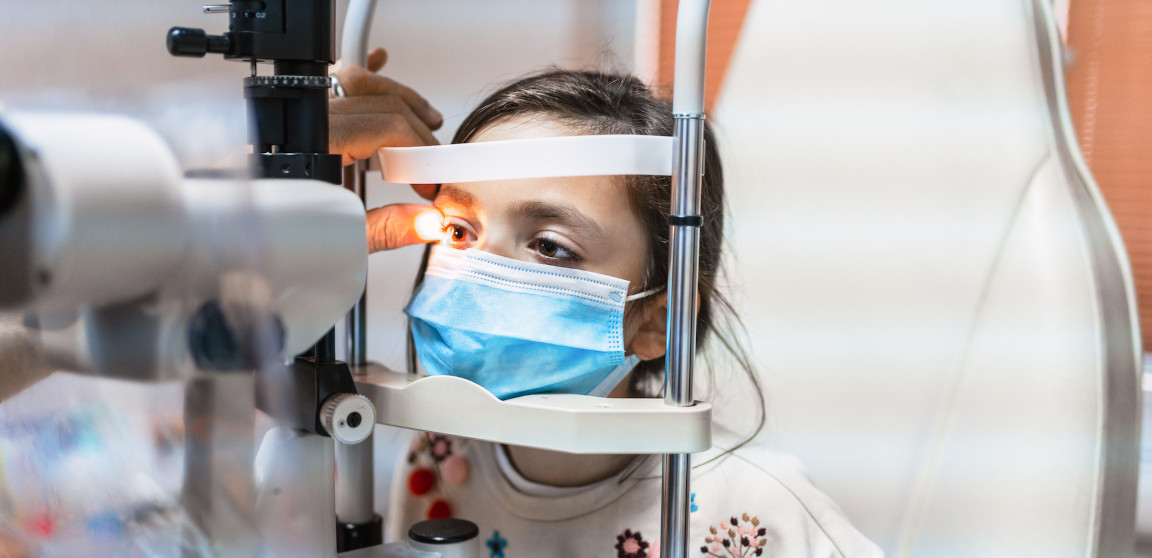There is much excitement around the total solar eclipse taking place on April 8, 2024. Understandably so – it doesn’t happen that often and it is an unbelievable sight. Even if you aren’t in the “path of totality,” many parts of the country will be able to see a partial solar eclipse, which is still worth it!
As a pediatric optometrist, it’s my role to help families understand the importance of vision health and safety. In general, I think most people are aware that staring at the sun is a bad idea. However, there is often confusion about how to look at it safely during an eclipse, when the moon partially or completely covers the sun and it gets dark outside.
Viewing the solar eclipse safely is paramount. In fact, the absolute safest way to watch it is on TV. If children watch the eclipse without taking the proper precautions, they can cause severe and permanent vision loss, called solar retinopathy.
Looking directly at the sun can cause burns on the retina the same way that it burns your skin. Unfortunately, this is painless, so your child won’t notice that it’s happening. So what can parents and educators do to make sure kids are viewing it safely? Here are a few tips:
Tips for Viewing the Solar Eclipse Safely
1. Wear eclipse glasses from a reputable vendor with ISO approved number ISO 12312-2
If you are in an area with a partial eclipse, it is NOT SAFE for your kids to remove their glasses at any point while looking at it. Sunglasses, even if they are dark and/or polarized, will not protect their eyes. Eclipse glasses do not let any light through and block out all images, except for a faint image of the sun. If you are worried that you may have received fake or counterfeit glasses, this article explains how to them.
2. Supervise young children
Make sure that they put their eclipse glasses on before looking at the sun and take them off after they look away from it.
3. Make sure the eclipse glasses are not damaged
If they are scratched or damaged in any way, do not use them.
4. Ensure the eclipse glasses are tightly fitting
The eclipse glasses should completely cover your child’s eyes and fit snugly so that no light peeks through.
5. Do not look at the sun through an unfiltered telescope or binoculars
The lenses of these optical devices will not protect your eyes without a special filter. Furthermore, even if your child is wearing eclipse glasses, they should not look at the sun through a telescope or camera because the concentrated solar rays can damage the glasses and still injure their eyes.
6. Have a serious chat with your kids about safety
Discuss with your children how important these steps are to ensuring their eye health. If they take their eclipse glasses off at any time, they run the risk of causing permanent and lifelong vision loss.
To learn more about ophthalmology at Cincinnati Children’s, or to schedule an appointment, please call 513-636-4751 or fill out a form for more information.







Thank you for your blog post about viewing the eclipse safely. There’s so much conflicting information being shared on the Internet, so it’s nice to have a resource I know I can trust!